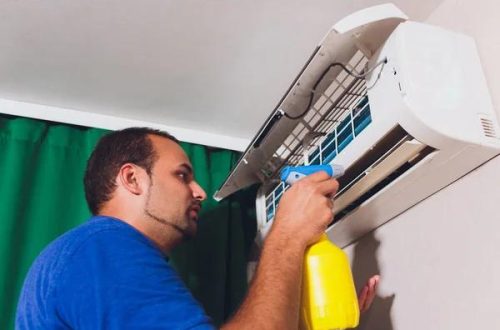Attic insulation plays a pivotal role in enhancing the energy efficiency of homes, serving as a barrier that prevents heat transfer between the living spaces and the outside environment. By effectively insulating attics, homeowners can significantly reduce their energy consumption, leading to lower utility bills and a more sustainable household. This article explores how attic insulation services contribute to improved energy efficiency and why they are an essential consideration for any homeowner.
One of the primary benefits of attic insulation is its ability to maintain consistent indoor temperatures throughout the year. During winter months, properly installed insulation keeps warm air from escaping through the roof, ensuring that heating systems do not have to work overtime to maintain comfort levels. Conversely, in summer, it prevents hot air from infiltrating living spaces, thereby reducing reliance on cooling systems like air conditioners. This dual functionality underscores its importance in regions with extreme temperature variations.
Professional attic insulation services offer expertise in selecting and installing the right type of insulation based on specific needs and budget considerations. Common types include fiberglass batts, blown-in cellulose, spray foam, and reflective or radiant barriers. Each material has unique properties; for instance, fiberglass is known for its affordability and ease of installation while spray foam offers superior sealing capabilities by expanding into gaps and cracks.
The effectiveness of these materials is measured by their R-value—a metric indicating thermal resistance—where higher values denote better insulating properties. Expert installers assess factors such as climate conditions, existing home infrastructure, and potential moisture issues before recommending suitable options with optimal R-values for maximum efficiency gains.
In addition to improving thermal performance, attic insulation also contributes positively towards soundproofing homes by dampening external noise pollution—a benefit often overlooked but highly appreciated by residents seeking tranquility within urban settings.
Furthermore, investing in quality attic insulation aligns with environmental sustainability goals by reducing carbon footprints associated with excessive energy usage. Homeowners who prioritize eco-friendly solutions find this aspect particularly appealing as it complements broader efforts toward greener living practices.






